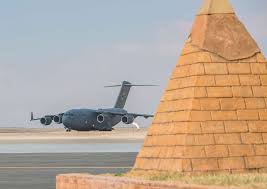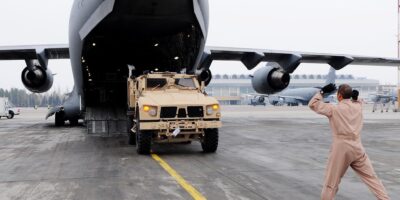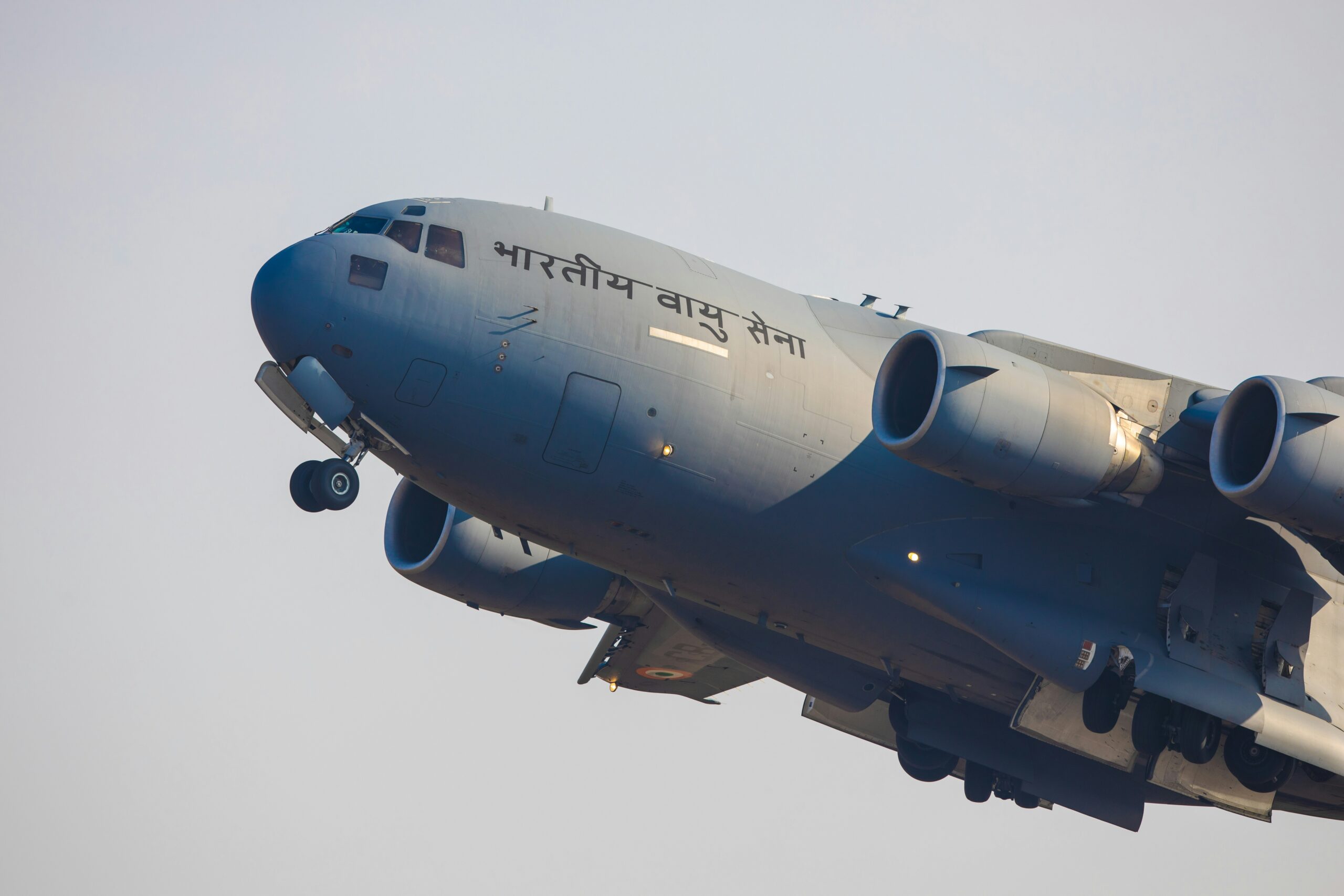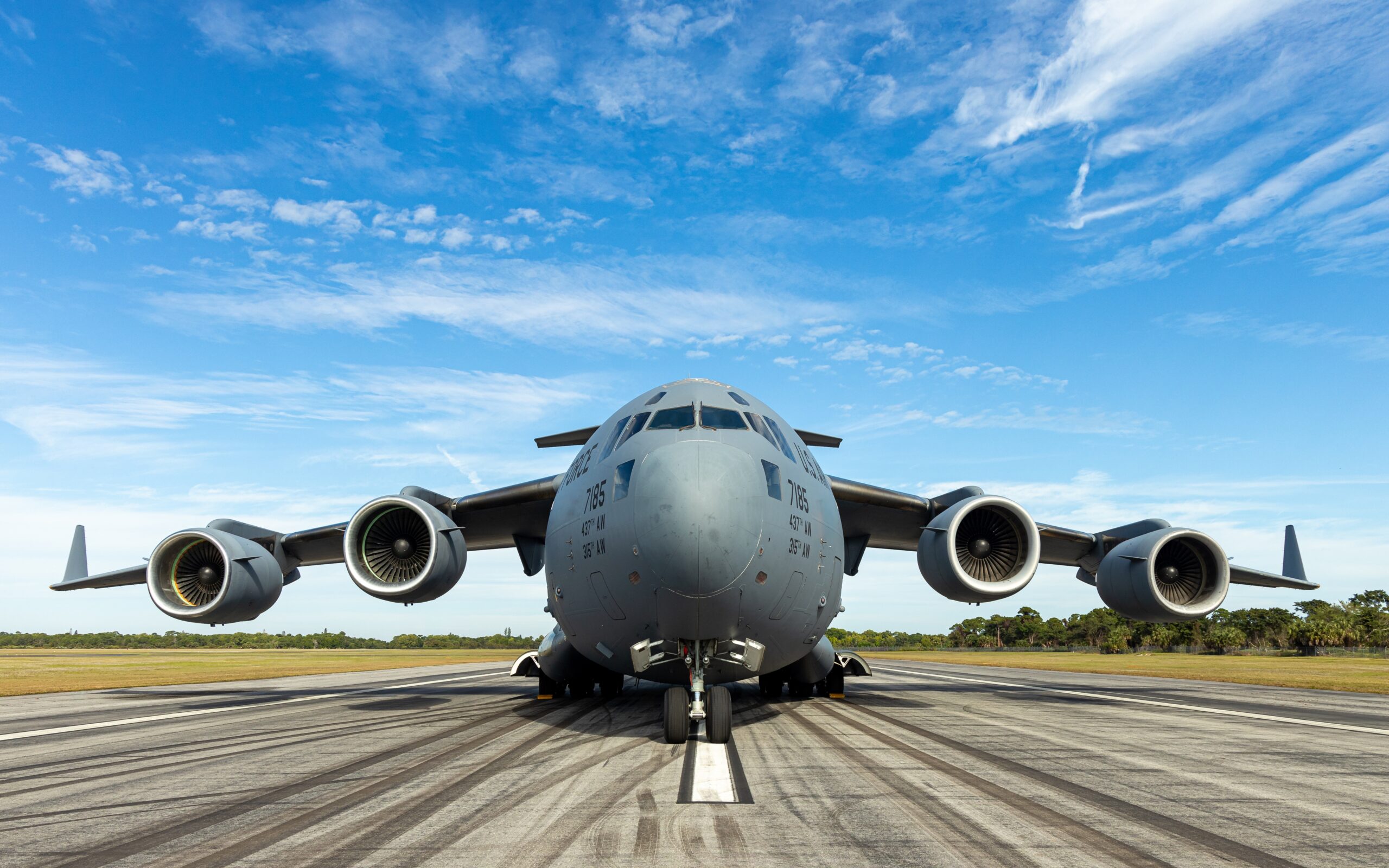Aviation intelligence plays a crucial role in ensuring the safety and efficiency of air travel. This intelligence involves gathering, analyzing, and disseminating information related to aviation operations, security threats, weather patterns, and other factors that can impact flight safety. By understanding aviation intelligence, both industry professionals and travelers can better comprehend the complexity of air travel and the measures taken to maximize safety. Let’s delve into what aviation intelligence entails and why it is essential for the aviation industry.
Aviation intelligence encompasses a wide range of data, including aircraft performance, air traffic management, airport operations, and national and international regulations. This information is collected from various sources, such as radar systems, weather stations, and air traffic control centers. Analyzing this diverse set of data provides insights into potential safety risks, airspace congestion, and weather-related conditions that could affect flight operations.
In addition to enhancing safety, aviation intelligence also contributes to flight efficiency. By monitoring air traffic patterns and identifying potential delays or bottlenecks, aviation professionals can proactively adjust flight routes and schedules to minimize disruptions. This proactive approach not only benefits airlines and airport operations but also improves the overall travel experience for passengers.
Furthermore, aviation intelligence plays a vital role in security and threat assessment. By monitoring and analyzing potential security risks, authorities can implement measures to mitigate these threats and safeguard air travel. This includes identifying suspicious behavior, monitoring for unauthorized access to airfields, and staying vigilant against cyber threats.
In conclusion, aviation intelligence is a critical aspect of modern air travel. It enables stakeholders to make informed decisions, enhances safety and efficiency, and supports the ongoing development of aviation technology. By staying abreast of the latest advancements in aviation intelligence, we can collectively work towards a safer and more seamless flying experience for all.



